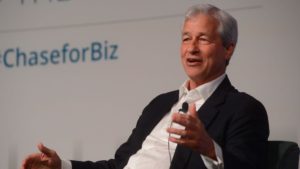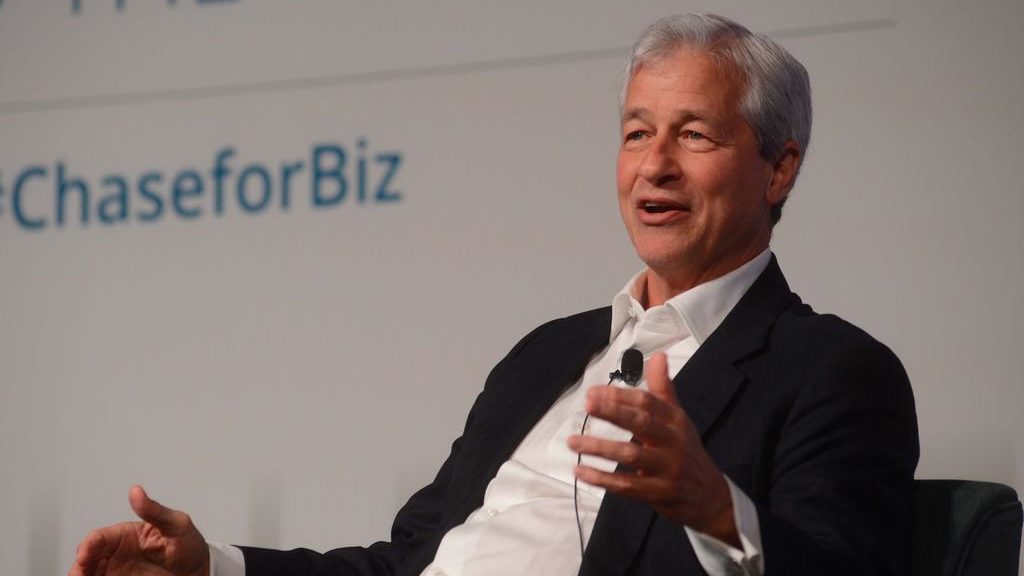Article originally published in the Philadelphia Business Journal on June 21, 2021
After listening to graduate degree recipients at the Drexel University College of Medicine commencement take the relatively recent Graduate Student Oath, I was struck by the professional ideals that these graduates were committing to. After doing some research, I found that a growing number of business schools also have their graduates recite the MBA Oath, an excerpt of which follows:
As a business leader, I recognize my role in society. My decisions affect the well-being of individuals inside and outside my enterprise, today and tomorrow. Therefore, I promise that:
- I will manage my enterprise with loyalty and care, and will not advance my personal interests at the expense of my enterprise or society.
- I will understand and uphold, in letter and spirit, the laws and contracts governing my conduct and that of my enterprise.
- I will refrain from corruption, unfair competition, or business practices harmful to society.
- I will protect the human rights and dignity of all people affected by my enterprise, and I will oppose discrimination and exploitation.
- I will protect the right of future generations to advance their standard of living and enjoy a healthy planet.
- I will report the performance and risks of my enterprise accurately and honestly.
In exercising my professional duties according to these principles, I recognize that my behavior must set an example of integrity, eliciting trust and esteem from those I serve.
The values outlined in the above Oath should be taught in every business school and that every business leader should embrace. Business schools that teach to maximize shareholder value but don’t emphasize the importance of ethics and integrity and the need to be a good corporate citizen are shortchanging their students and the companies they will work for.
In August 2019, the Business Roundtable, consisting of the CEOs of major U.S. corporations, issued a statement on the redefined purpose of the corporation that touches on many of the principles stated in the MBA Oath. The statement was signed by 181 CEOs of major corporations at the time, broadening the primary objective of maximizing shareholder return to include running a company for the benefit of not only the shareholders, but all stakeholders – customers, employees, suppliers and communities.
Quoting the Business Roundtable statement:
While each of our individual companies serves its own corporate purpose, we share a fundamental commitment to all of our stakeholders. We commit to:
- Delivering value to our customers.
- Investing in our employees.
- Dealing fairly and ethically with our suppliers.
- Supporting the communities in which we work.
- Generating long-term value for shareholders, who provide the capital that
allows companies to invest, grow and innovate.

In the release of the Business Roundtable statement, Jamie Dimon, chairman and CEO of JPMorgan said, “Major employers are investing in their workers and communities because they know it is the only way to be successful over the long term.”
Alex Gorsky, chairman and CEO of Johnson & Johnson, said, “This new statement better reflects the way corporations can and should operate today. It affirms the essential role corporations can play in improving our society when CEOs are truly committed to meeting the needs of all stakeholders.”
Not everyone agrees with the new Business Roundtable statement. The Council of Institutional Investors said, “The statement undercuts notions of managerial accountability to shareholders.” The Wall Street Journal stated, “It’s … notable that the CEOs for America’s biggest companies feel the need to distance themselves from their owners.”
Both the CII and WSJ should have said being a good corporate citizen is a necessary condition for maximizing shareholder return.
Too often, companies violate these Business Roundtable principles and become front page news. They suffer a loss in shareholder value and their reputation is tarnished. I have written about some of these companies and their unethical senior leaders: Wells Fargo, Volkswagen, Theranos, Turing, Mylan and Massey.
Hopefully, more CEOs will adopt the Business Roundtable’s principles with full support of their boards, and their actual practices will match its stated intentions.
Hopefully, more business schools will also administer the MBA Oath at commencement and their graduates will embrace the Business Roundtable’s principles. It’s the right thing to do.
Stan Silverman is founder and CEO of Silverman Leadership and author of “Be Different! The Key to Business and Career Success.” He is also a speaker, advisor and widely read nationally syndicated columnist on leadership, entrepreneurship and corporate governance. He can be reached at Stan@SilvermanLeadership.com.

